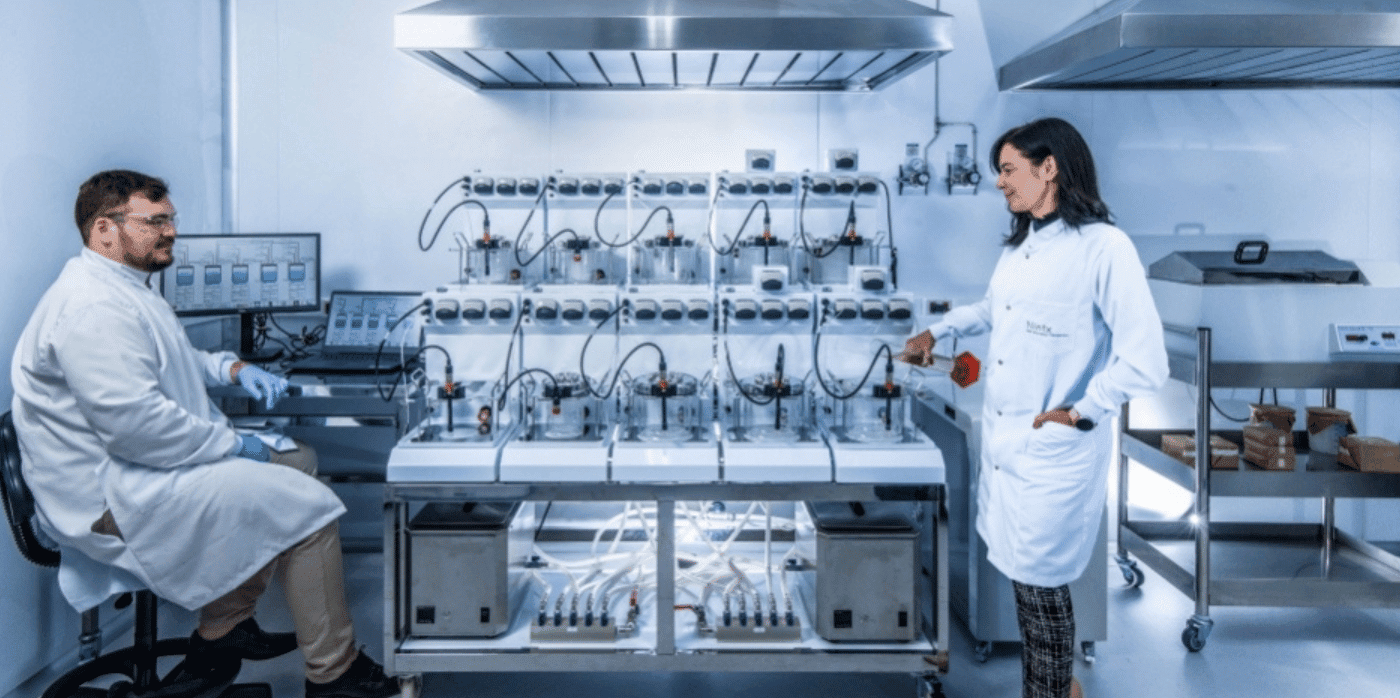
Spotted: The World Health Organization’s (WHO) latest report on the Global Action Plan for Healthy Lives and Well-being for All finds that progress is lagging on health-related Sustainable Development Goals (SDGs) due to overlapping health crises. One contributor to those crises is the growing resistance to antibiotics. Materials scientists and innovators searching for new medicines are increasingly turning to the natural world for inspiration.
Brazilian biotechnology company Next Innovative Therapeutics (Nintx) has built a laboratory gastrointestinal system called xGIbiomics to test plant-based therapies for a range of illnesses. The company is focusing on infectious diseases, gastroenterology, neuroscience, immunology, and cardiometabolic health.
To better sift through Brazil’s biodiverse natural environment and narrow down potential candidates for new pharmaceuticals, Nintx also created an analytics infrastructure called GAIApath that’s powered by artificial intelligence (AI). By more quickly identifying plants that show promise for medicinal use, Nintx’s AI can help R&D departments work more efficiently and with less duplication.
Once a plant is chosen as a possible extract or compound for a pharmaceutical therapy, the xGIbiomics lab allows scientists to track its efficacy in treating both the microbiome and targeted disease cells. Currently focusing on the development of an antiviral treatment, Nintx is also using a $3 million (around €2.7 million) investment to accelerate the path to market for its products, most of which are in the early stages of research.
Technology continues to impact the global provision of healthcare, and Springwise has spotted innovators doing everything from delivering time-release micro dosages of medicines to printing vaccines on-demand with a tabletop printer.
Written By: Keely Khoury

